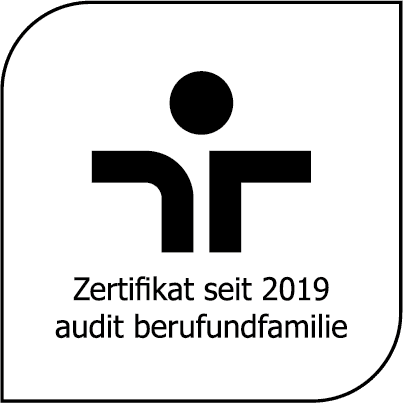Test instruments sorted
Contact person for the Open Test Archive
Gülay Karadere (Dipl.-Psych.)
Research Associate
guek@leibniz-psychology.org
MuSK
Multidimensionaler Sozialkontakt Kreis Interviewform
Short abstract
The MuSK is an interview measure for the different areas of life, with which the number of the current and principal contact partners and their degree of support as well as stress are recorded. It was constructed according to the basic principle of the Social Network Map by Tracy and Whittaker (1990). It consists of 14 items and is divided into three parts. The first part comprises the "inner circle" (areas of life: 1 household, 2 further family, 3 work/education, 4 good friends, 5 leisure time, 6 neighbourhood and 7 others), the second part the "outer circle". (basic vs. everyday reference persons) and in the third part, the recorded persons are assessed with regard to functional and stressful relationship aspects. Reliability: Medium to high regression instabilities can be found for the data on social support, stress and satisfaction as well as for the size of the entire network. Validity: Household members and the extended family are named as the most important social resource. Friends and other contacts are expected to be emotionally supportive, while neighbours or work colleagues are expected to provide more practical support. Standards: Average and cut-off values are available.
Leibniz Institute for Psychology (ZPID). (2019). Open Test Archive: MuSK. Multidimensionaler Sozialkontakt Kreis Interviewform. Available at: https://www.testarchiv.eu/en/test/9005863
Citation
Linden, M. (2018). MuSK. Multidimensionaler Sozialkontakt Kreis Interviewform [Verfahrensdokumentation, Interviewleitfaden, Kontaktkreis und Ratingblatt]. In Leibniz-Institut für Psychologie (ZPID) (Hrsg.), Open Test Archive. Trier: ZPID.
https://doi.org/10.23668/psycharchives.4663
Short information
Short Name MuSK
English Name Multidimensional Social Contact Circle
Authors Linden, M.
Published in Test archive 2018
Copyright/Licence Copyright Author; CC-BY-SA 4.0
Language versions deu
Construct Social Network Map (Tracy & Whittaker, 1990)
Application age No age limit.
Item number 14 items
Subscales (1) Inner circle, (2) Outer circle, (3) Information on support and stress; areas of life: 1 household, 2 other family, 3 work/education, 4 good friends, 5 leisure time, 6 neighbourhood, 7 others
Application Time ca. 10 min.
Interpretation time No information.
Retestreliability: rtt = .70 (interval: 6-8 days).
Household members and the wider family are cited as the most important social resource. Friends and other contacts are expected to be emotionally supportive, while neighbours or work colleagues are expected to provide more practical support.
None.
Applications Research, Clinical Diagnostics
Older versions
Version 1: https://doi.org/10.23668/psycharchives.822
There is no abstract in English available. Short information about the measure can be found under Overview. More can be found on the German pages.
There is no review in English available. Short information about the measure can be found under Overview. More can be found on the German pages.
First published in
Linden, M. (2007). Der multidimensionale Sozialkontakt Kreis (MuSK) - ein Interviewverfahren zur Erfassung des sozialen Netzes in der klinischen Praxis. Teltow/Berlin: Forschungsgruppe Psychosomatische Rehabilitation an der Charite und der Rehabilitationsklinik Seehof der BfA.
Feedback form
Feedback on the use of a procedure from the Open Test Archive of the Leibniz Institute for Psychology (ZPID) to the test author(s)
Contact information
Prof. Dr. Michael Linden, Forschungsgruppe Psychosomatische Rehabilitation, Rehabilitationszentrum Seehof der Deutschen Rentenversicherung, Lichterfelder Allee 55, D-14513 Teltow

 Learn more about us!
Learn more about us! 
